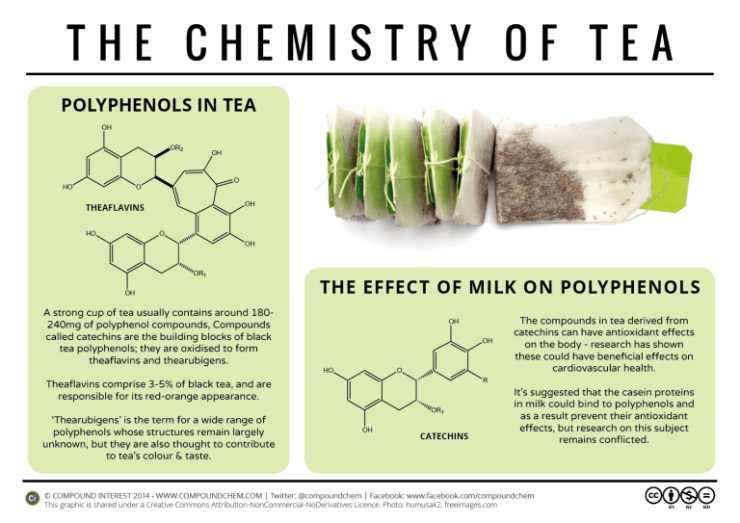
There is nothing more quintessentially English than a nice cup of tea. We debate the nuances of how to make it properly – milk before the tea or after, warm the pot before adding the hot water and tea or not, or how much tea to add to the pot. Tea also has lots of reported health benefits but does it help people with IBS? If you are interested, please read on…
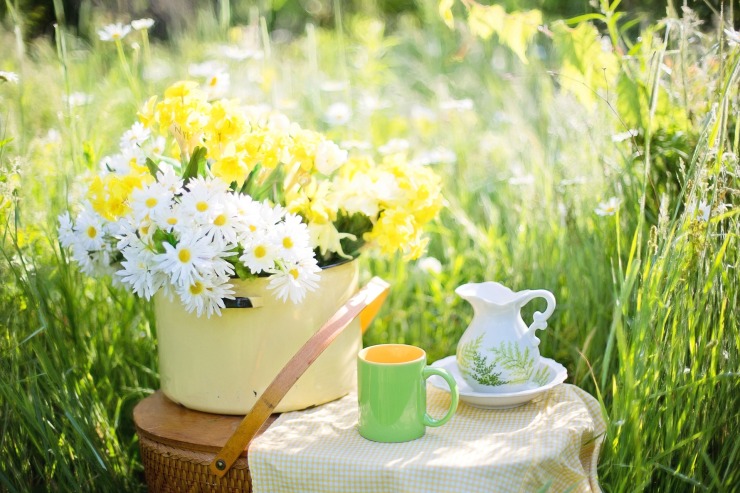
Tea is culture, it’s refreshing, herbal tea is reported to be calming, relaxing – we all could do with a little of that, surely? Well perhaps all is not as it first appears.
Standard tea (black, white, green, yellow and oolong) are the true teas
Tea contains caffeine, a stimulant, not as much as coffee but certainly enough to have a systemic effect if sufficient is consumed. It is worth changing to decaffeinated if you have IBS, caffeine can not only stimulate the gut causing diarrhoea type symptoms it also disrupts sleeping patterns and poor sleep can be a symptom of IBS for some people. Some individuals with IBS also have overactive bladders, symptoms which can be influenced negatively by caffeine intake. Tea has lower levels of caffeine than coffee and certainly less than energy drinks, but do consider reducing or slowly swapping to decaffeinated if you drink caffeinated versions.
Oolong tea is high fodmap so will need to be avoided for the low FODMAP diet and tested as part of a re-introduction protocol, if you wish to drink it.
One study reported hard stools for tea in people with IBS (Simren et al 2001) but this was a prospective self reported study and has not been tested directly by a true randomized controlled study. This probably should be investigated but there are fewer studies in people with IBS with constipation for all treatments, unfortunately.
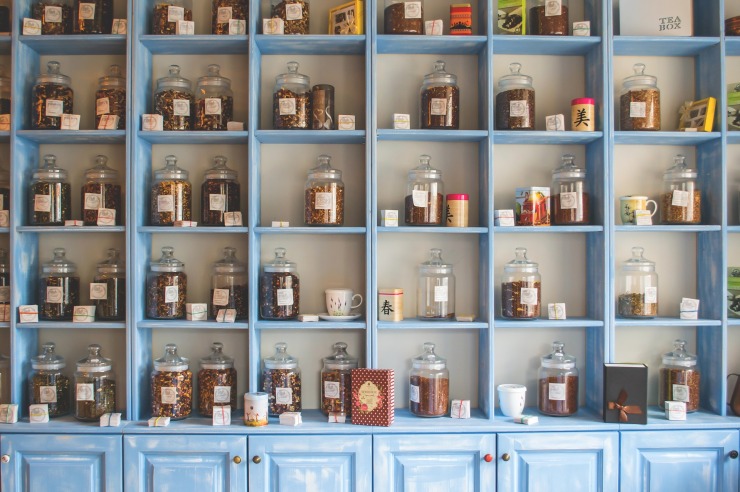
Rooibos
Rooibos is not a true tea and as such does not contain any caffeine and lower levels of tannin’s than true teas. It does however contain some of the poly-phenol compounds found in true tea. For the Monash version of the low fodmap diet it is categorized as low in FODMAP.
Herbal teas
Peppermint
Peppermint has been widely investigated for IBS symptoms. It acts as a smooth muscle relaxant so it can reduce those lower digestive tract spasms. Many people use the tea for the same effect. A number of people with IBS will also experience reflux, or upper gastrointestinal symptoms. Peppermint may also relax the sphincter (a ring of muscle) that prevents stomach acid from traveling up the food pipe (oesophagus). If someone has reflux it is probably not a good idea to drink peppermint tea. However it is good to help with lower abdominal pain so feel free to try it for that. If you want to read more about peppermint and IBS see my other blog post here:
https://clinicalalimentary.blog/2018/01/21/peppermint-and-ibs/
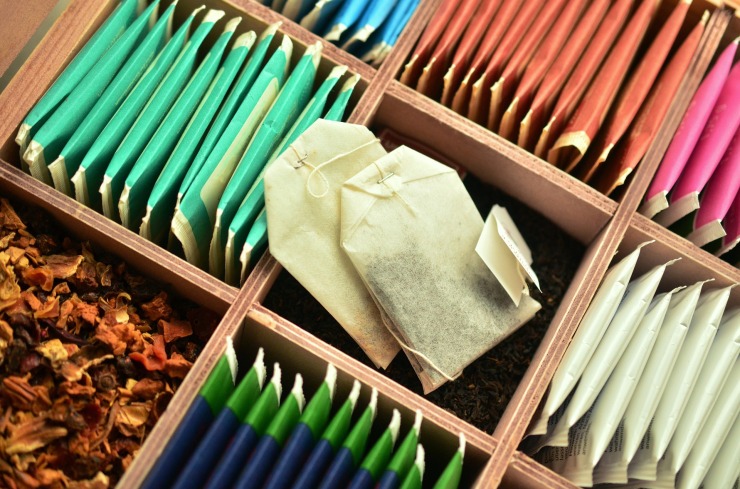
Camomile
Camomile is often stated as a treatment for IBS and ‘helps’ abdominal pain and induces sleep. Camomile acts as a neuroendocrine modulator so it has been suggested as a possible treatment to help with anxiety, insomnia and stress. This does suggest that it could be helpful for IBS type symptoms however Camomile contains FODMAP sugars therefore for those people with fodmap intolerance it is probably best avoided. Camomile also interacts with some drugs – please discuss this with you doctor or pharmacist before trying camomile tea. Common interactions are suggested with sedatives, blood thinners, anti-platelet drugs, aspirin, NSAID painkillers like ibuprofen and naproxen, but also others too (source: WebMD)
Fennel
Fennel is another herbal tea that is suggested to be a good option for those people with IBS. It again, also contains FODMAPs so if you are following the diet, perhaps this is one to avoid.

Dandelion tea
This tea has lot’s of anecdotal suggestions that it helps digestive symptoms, from increasing appetite, soothing minor digestive ailments and relieving constipation. There is no evidence that any of these symptoms are improved. Dandelion tea is another tea that it high in FODMAP so this might be the reason for the anecdotal reports of improving constipation, as lots of FODMAP containing foods are prebiotic (food for gut bacteria) and can help increase bowel function. Dandelion tea has also implications for drug interactions so it is best avoided for people taking diuretic medications, lithium and ciprofloxacin (an antibiotic.) Discuss this with your doctor or pharmacist before considering dandelion tea.
Fruit teas
Many people love fruit teas – they are naturally low in caffeine, however for me, they always promise more than they give. The odour of them is very tempting and I always feel disappointed that they are not more highly flavoured when drunk. If you like them though fruit teas should be fine to use. Use flavours suitable for the low FODMAP diet, if you are following it.
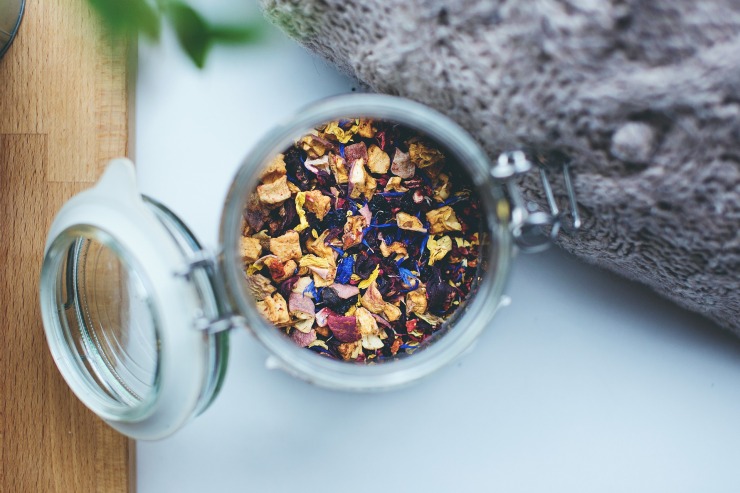
Testing tolerance to teas
For people following the low fodmap diet if you want to test the tea’s above which are high in FODMAP, to see if you can tolerate them, you can. Everyone has an individual tolerance to teas high in fodmap. Once your symptoms are reduced to a good level you could re-introduce the teas above and see how you get on. Use a standard cup as a portion and increase to three over three days, monitoring your symptoms as you go.
Following a Low FODMAP diet and adding milk to tea?
If you are following the low FODMAP diet then lactose is a problem for some people and if you need to exclude lactose then you can use lactose free cows milk – this is suitable for the low fodmap diet and the calcium it contains is slightly better absorbed than from milk alternatives. If you have been tested for lactose intolerance and you are not intolerant, you can use standard milk. Lactose free cows milk also marries with tea very well and you will not notice a difference in taste. This also means that Chai tea (milky tea with spices also added) is not suitable for people following the Low FODMAP diet, as it will contain lactose. You could make your own Chai tea with lactose free milk, if you wish.
Needing a milk free diet and have milk in tea? Which is the best option?
Well, for tea without sugar the best option is cashew milk, and for those who have sugar in their tea then coconut or almond milk are the better choices, according to people who have to follow milk free diets. I can attest to the cashew milk being suitable for tea without sugar, I tried it and really couldn’t taste a difference. Please ensure that your milk alternative is fortified with calcium, as cow’s milk forms a very good source of calcium in the diet and changing to milk alternatives may reduce your calcium intake. You could choose ones that are also fortified with B12 if you are following a vegan diet.
Image by congerdesign from Pixabay


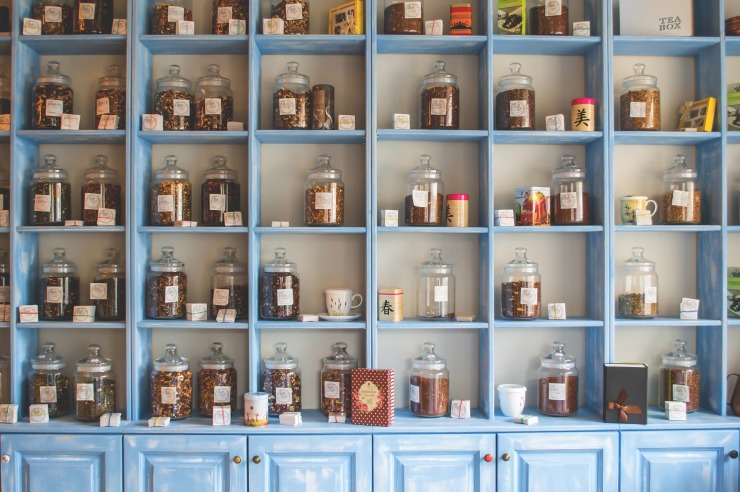
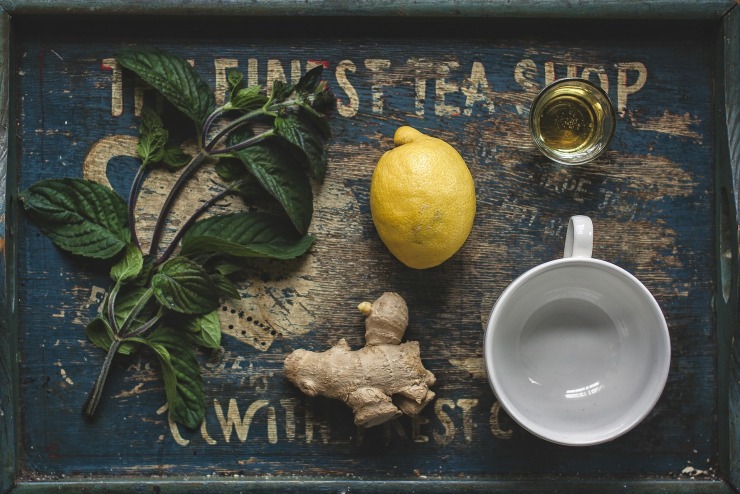
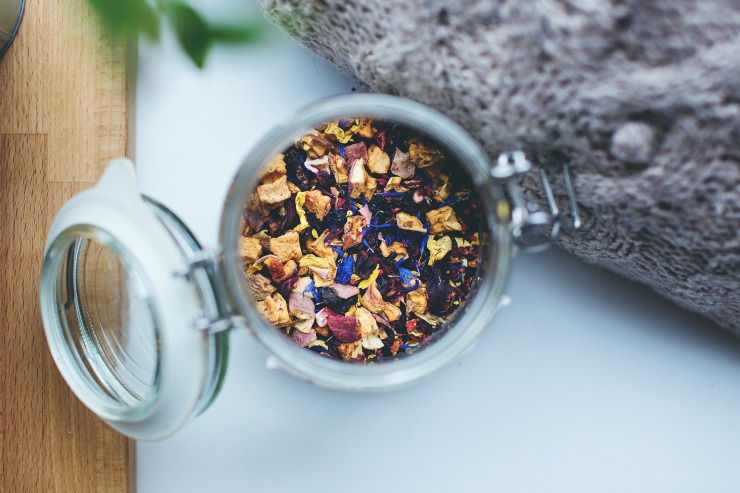
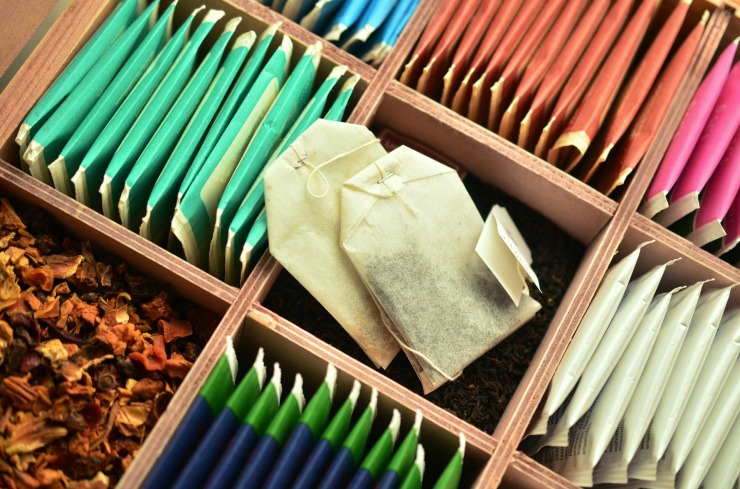

And who doesn’t like a cup of tea? Thanks Julie
on August 15, 2019 at 7:57 am talkhealth